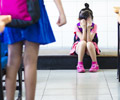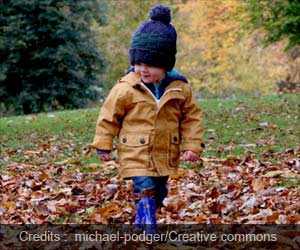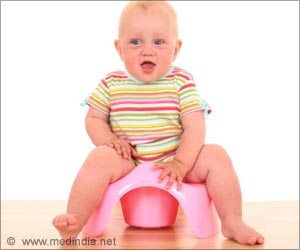Children battling skin diseases like acne, eczema, psoriasis endure stigma, bullying, and depression, facing significant challenges in their daily lives.

Stigmatization and Mental Health Impact of Chronic Pediatric Skin Disorders
Go to source).
The Profound Impact of Chronic Skin Conditions on Psychosocial Development
“These chronic skin conditions can be tremendously life-altering, including shaping psychosocial development,” said corresponding author Dr. Amy Paller, chair of dermatology at Northwestern University Feinberg School of Medicine and a pediatric dermatologist at the Ann & Robert H. Lurie Children's Hospital of Chicago.‘Seventy-three percent of children living with #skindiseases endure stigma and a diminished quality of life. Childhood shame can have lasting effects. #acne #psoriasis #bullying #depression’





Having a chronic skin disease during childhood is not uncommon. Eczema affects more than 10% of school-aged children. Among teenagers, acne affects more than 90% and psoriasis 1%. This is the first large, multi-site study of the psychosocial impact of skin diseases in children and teens.
The study showed that 73% of 1,671 children had experienced a measurable stigma, which was strongly associated with poor quality of life.
The disease severity and visibility as rated by the child (age eight and older) was quite different from that of the doctor’s ratings, suggesting the need to ask the child about the disease and its impacts.
The study will be published in JAMA Dermatology.
Advertisement
“Stigma, which is when something false and negative is attached to an individual, can have a profound effect on children’s and teens’ mental health,” Paller said. “For example, a child with dark scales on the body can be called ‘dirty’ by other kids or a child with a hair loss issue can be shunned by other children who fear the hair loss is contagious.”
The majority of the bullying and teasing occurs in school, Paller said.
“These painful experiences can shape a child’s personality into adulthood and erode self-confidence,” Paller said. “Children may underestimate their abilities and worry about taking social risks. They don’t feel good enough and this shame may affect them lifelong.”
Kids also may not be able to concentrate because they are worried in school, affecting their performance, Paller said.
“The study results should encourage clinicians to aggressively treat skin disorders in children and consider referral to evaluation and counseling of the child and potentially family if mental health issues occur,” Paller said.
Doctors need to ask children and parents about the impact of these diseases — stigma, mental health, how it impacts life — not just note the observable clinical manifestations.
"It’s important to refer families to dermatologists for optimal treatment to decrease severity and visibility, which contribute to psychosocial impacts.”
Paller also suggested parents ask teachers to discuss the skin disease in the classroom, so other children understand it better. “Try to dimmish the stigma through education and talk about and recognize bullying,” Paller said.
The title of the article is “Stigmatization and Mental Health Impact of Chronic Pediatric Skin Disorders.”
Other Northwestern authors include Stephanie Rangel, Sarah Chamlin, David Cella and Jin-Shei Lai.
Reference:
- Stigmatization and Mental Health Impact of Chronic Pediatric Skin Disorders - (https://jamanetwork.com/journals/jamadermatology/article-abstract/2817886)
Source-Eurekalert















